Scientific Progress is Built on Failure
Learning to handle failure is just part of scientific life.
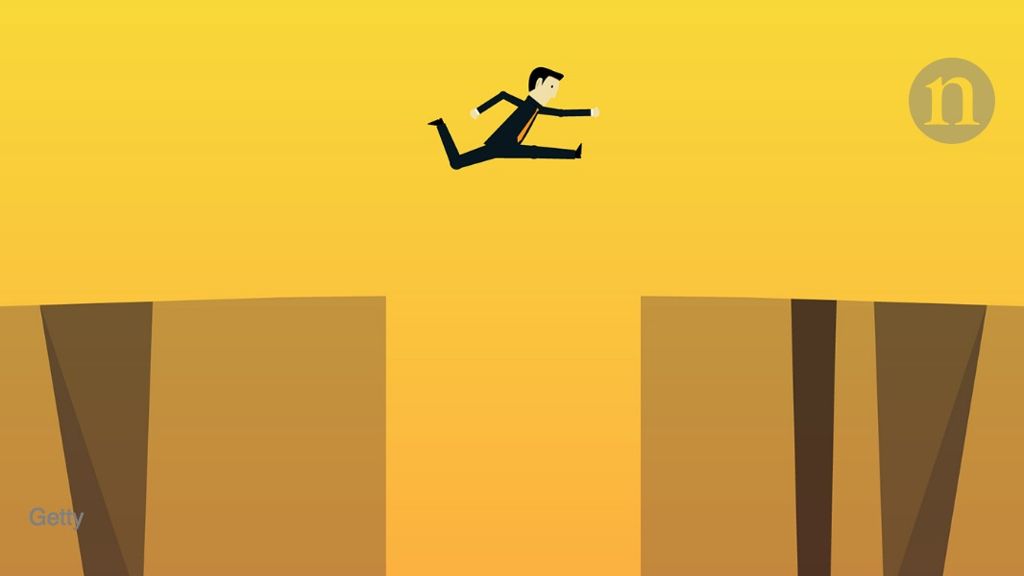
Send us a link
Learning to handle failure is just part of scientific life.

An analysis of submissions to two top journals showed that scientists in the U.S. were highly likely to be working during holidays.

Researchers from racial and ethnic groups that are under-represented in US geoscience are the least likely to be offered opportunities to speak at the field's biggest meeting.
A study of protein databases shows that discoverers who are second to publish still end up getting a substantial portion of the recognition.
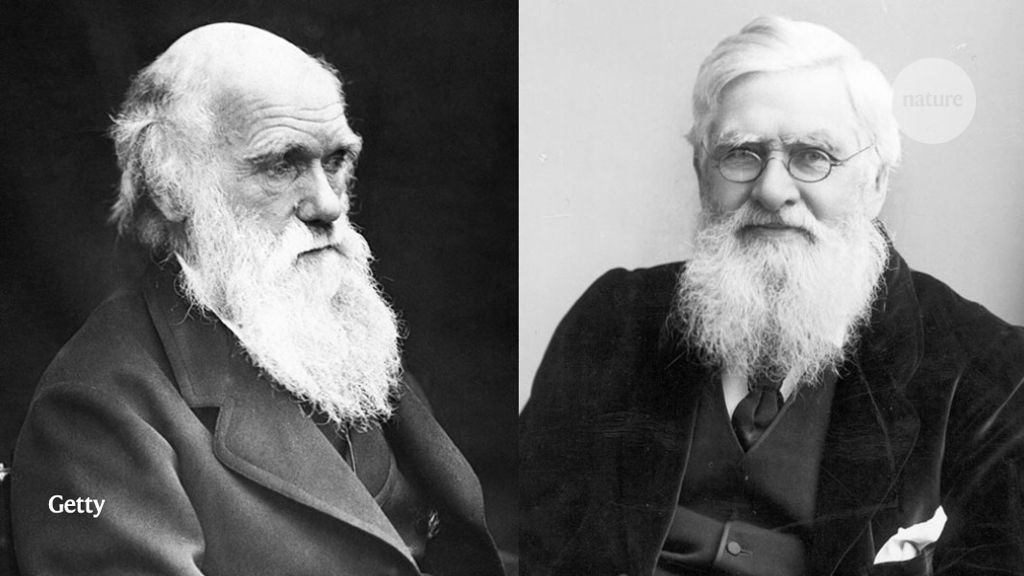
Coffee breaks are a ritualistic part of work life in Europe, a practice this opinion piece suggests would benefit scientists in North America.

In order to align incentives with good science, we need to move to a system in which work that is well thought-out, well carried-out, and well communicated – regardless of the ‘story’ it tells – is given the highest reward. Changing what is rewarded will change what is done.
Addressing the most pressing contemporary social, environmental, and technological challenges will require integrating insights and sharing data across disciplines, geographies, and cultures. Strengthening international data sharing networks will not only demand advancing technical, legal, and logistical infrastructure for publishing data in open, accessible formats; it will also require recognizing, respecting, and learning to work across diverse data cultures. This essay introduces a heuristic for pursuing richer characterizations of the “data cultures” at play in international, interdisciplinary data sharing.
One year ago, the Royal Society hosted the Research culture: Changing expectations conference. The conference ended with a call to action for attendees to consider how they could improve research culture in their own institutions. In this blog we report back on a snapshot of the work of some of these individuals and organisations.
Current research trends resemble the early 21st century’s financial bubble. Let’s imagine what might happen if the rules of professional science evolved such that scientists were incentivized to publish as many papers as they could and if those who published many papers of poor scientific rigor were rewarded over those who published fewer papers of higher rigor?
The State of Open Data 2019 report is the fourth in the series and includes survey results and a collection of articles from global industry experts.It is now the longest running longitudinal study on the subject, which was created in 2016 to examine attitudes and experiences of researchers working with open data - sharing it, reusing it, and redistributing it. This year's survey received a record number of survey participants with around 8,500 responses from the research community. While most trends are encouraging around the adoption and acceptance of open data, the research community is now demanding more enforcement of the mandates that have been adopted by many governments, funders, publishers and institutions around the world.The majority of researchers want funding withheld and penalties for a lack of data sharing.

Image manipulation is nothing new, but its application for scientific and medical fraud is leaving lives and livelihoods at stake.

The efforts of young researchers to fight the perverse incentives that dominate science right now are all the more impressive because these scientists are at the most vulnerable point of their careers.
Millions of Flickr images were sucked into a database called MegaFace. Now some of those faces may have the ability to sue.
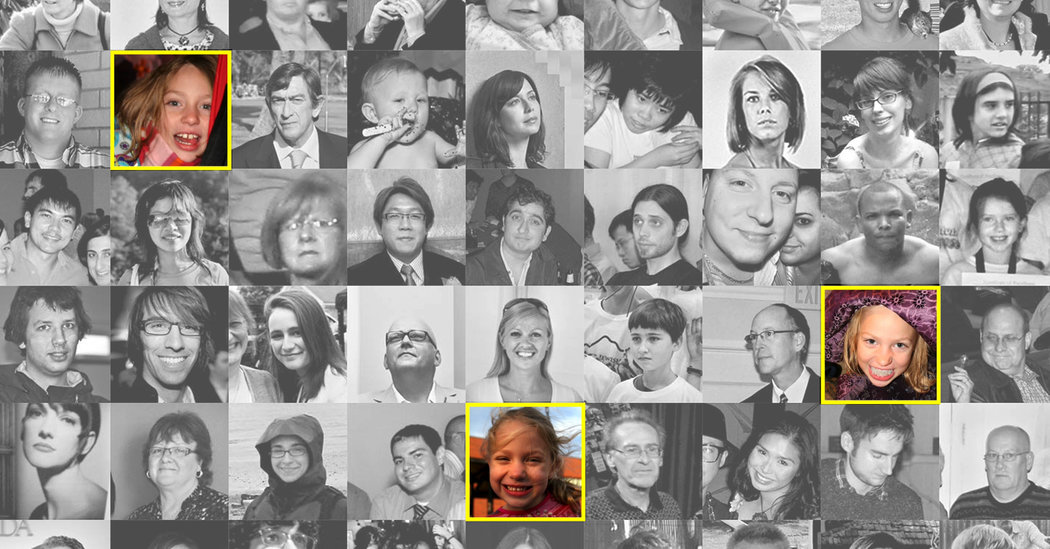
Publishers, reviewers and other members of the scientific community must fight science's preference for positive results - for the benefit of all.
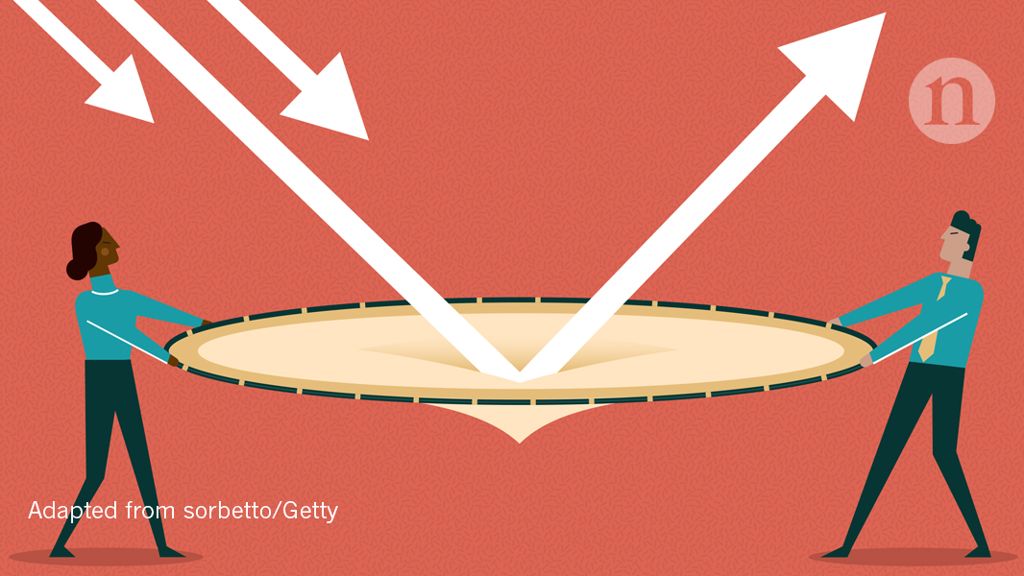
Wellcome is right to call out hyper-competitiveness in research and question the focus on excellence. But other funders must follow its move.

A Chinese scientist’s startup fled the U.S. after a federal investigation that included a failed sting, airport stops and an unfounded child-porn search.
What does it mean to you, being a female scientist? Twenty women share their thoughts.

Australian chief scientist Alan Finkel calls for formal action to bake in better research practices.
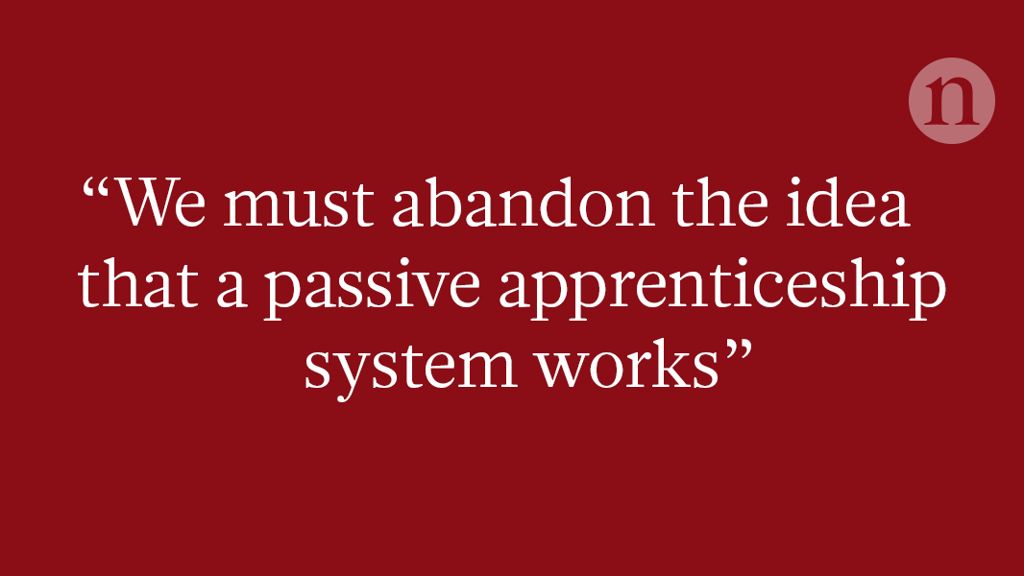
Unlike most faulty research practices, fraud actively evades detection. It is also overlooked because the scientific community has been unwilling to have frank and open discussions about it.
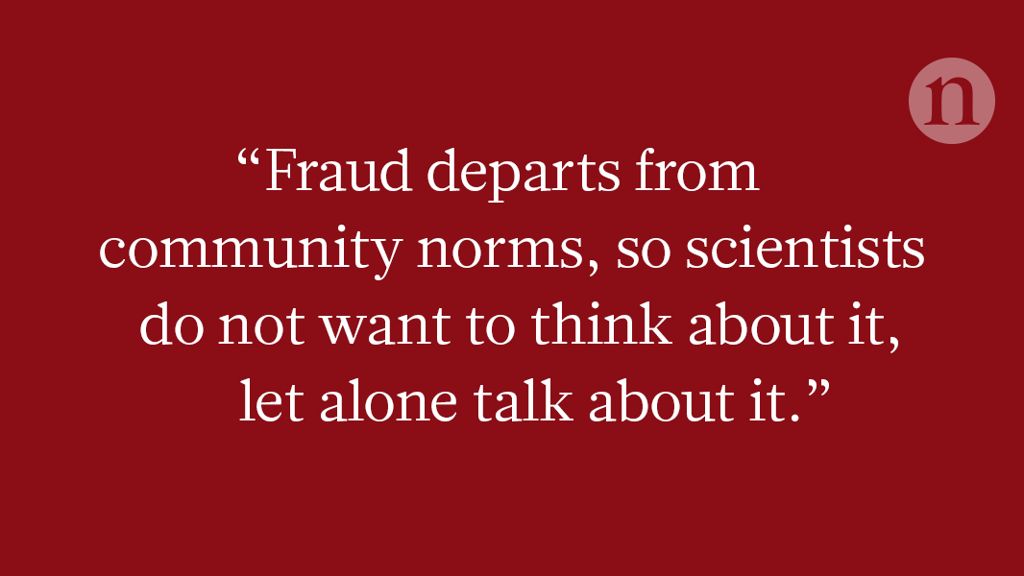
ORCID has provided peer review functionality for going on three years. Peer review recognition is part of our broader commitment to improve recognition for all research contributions. It’s something that reviewers feel strongly about too.
Psychology’s replication crisis has changed the field. Today, authors are voluntarily posting their data, replication attempts are published in top journals, and researchers are increasing their sample sizes and committing to data collection and analysis plans in advance.
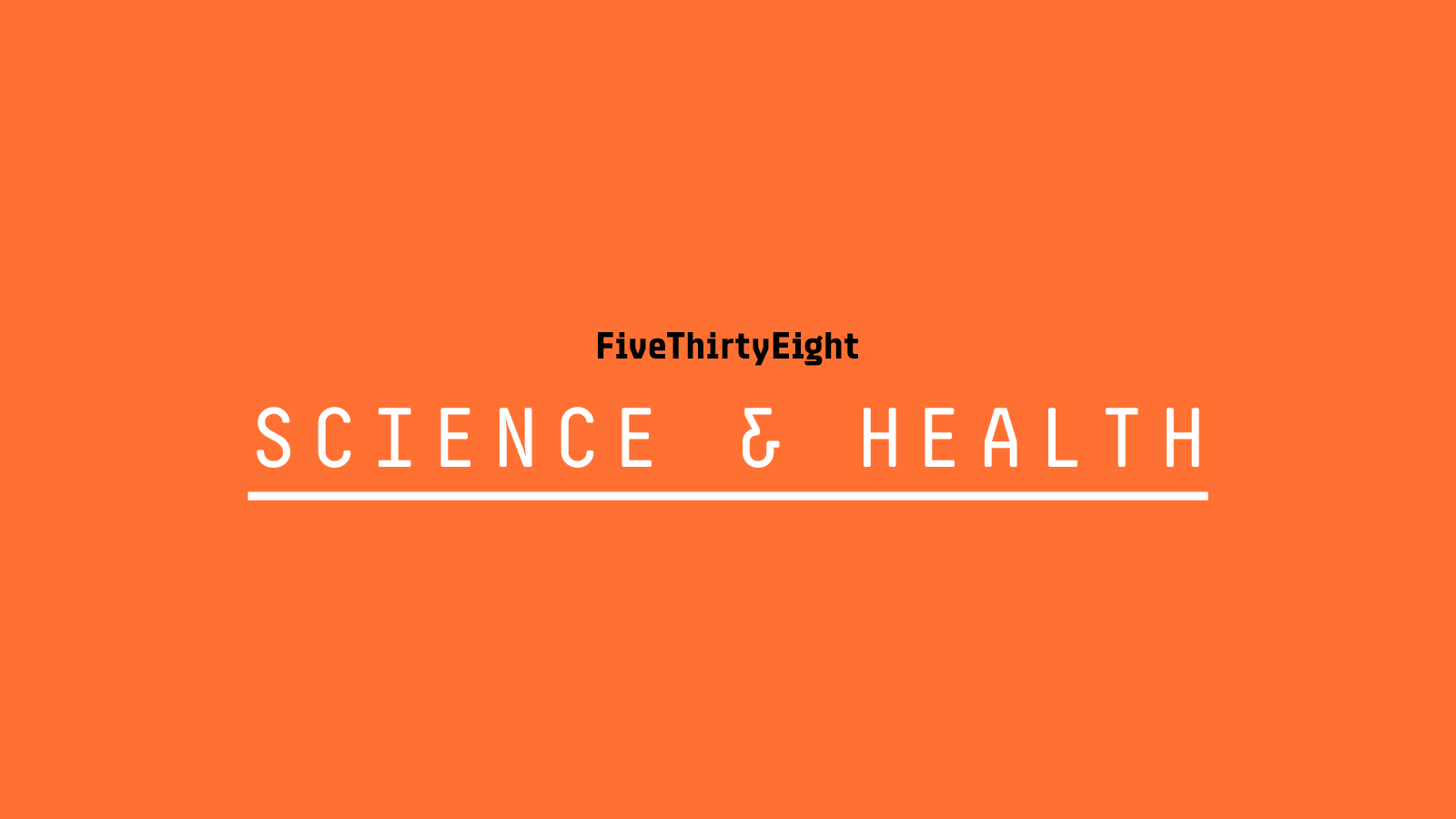
The entrepreneur and author on how universities can create a healthy working culture

Do you work in a scientific research institution? Are you frustrated with aspects of current research culture, such as the pressure to "publish or perish", the reproducibility crisis, climbing the academic ladder and persistent gender biases? Do you want to shape the culture that you work in? Join us on the 7th of February, 2019 at the University of Lausanne for an afternoon of "We Scientists 2035 Workshops". Let's make small changes today for a better research culture tomorrow!